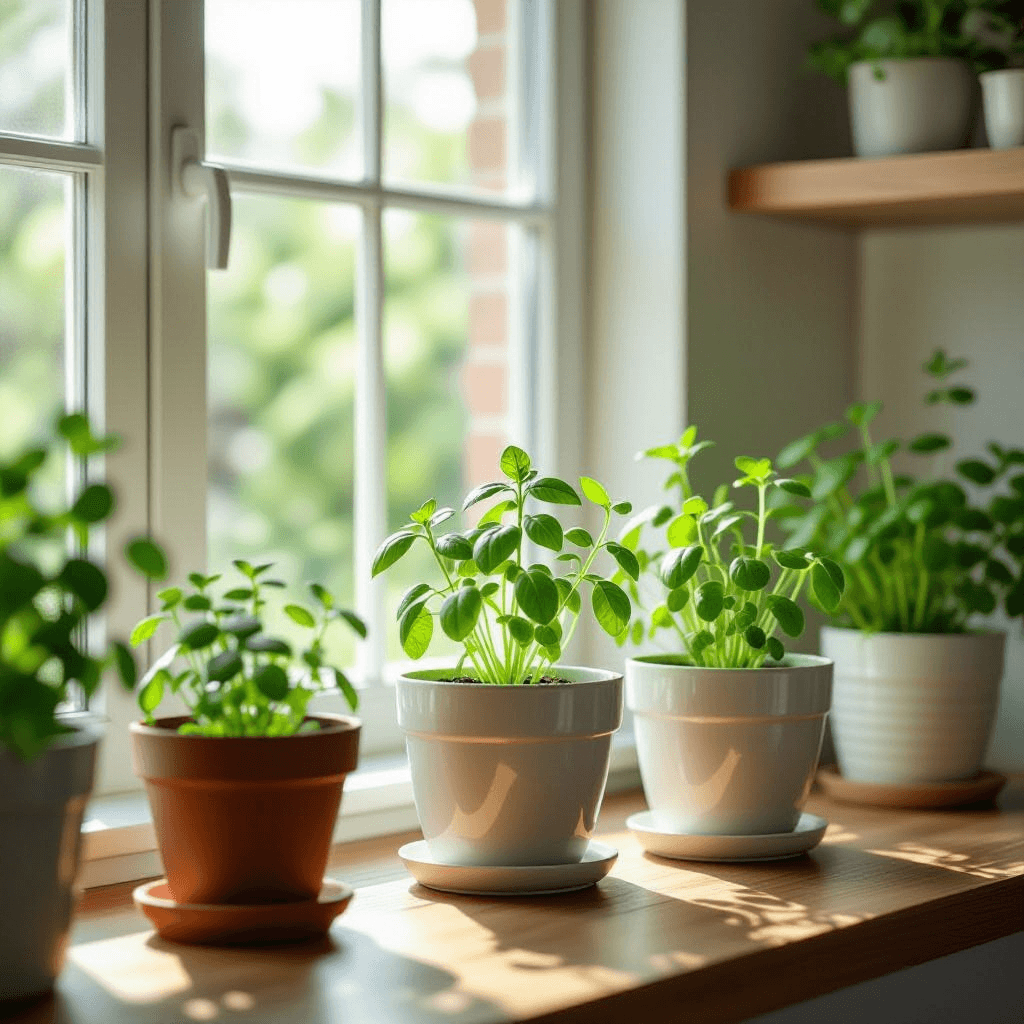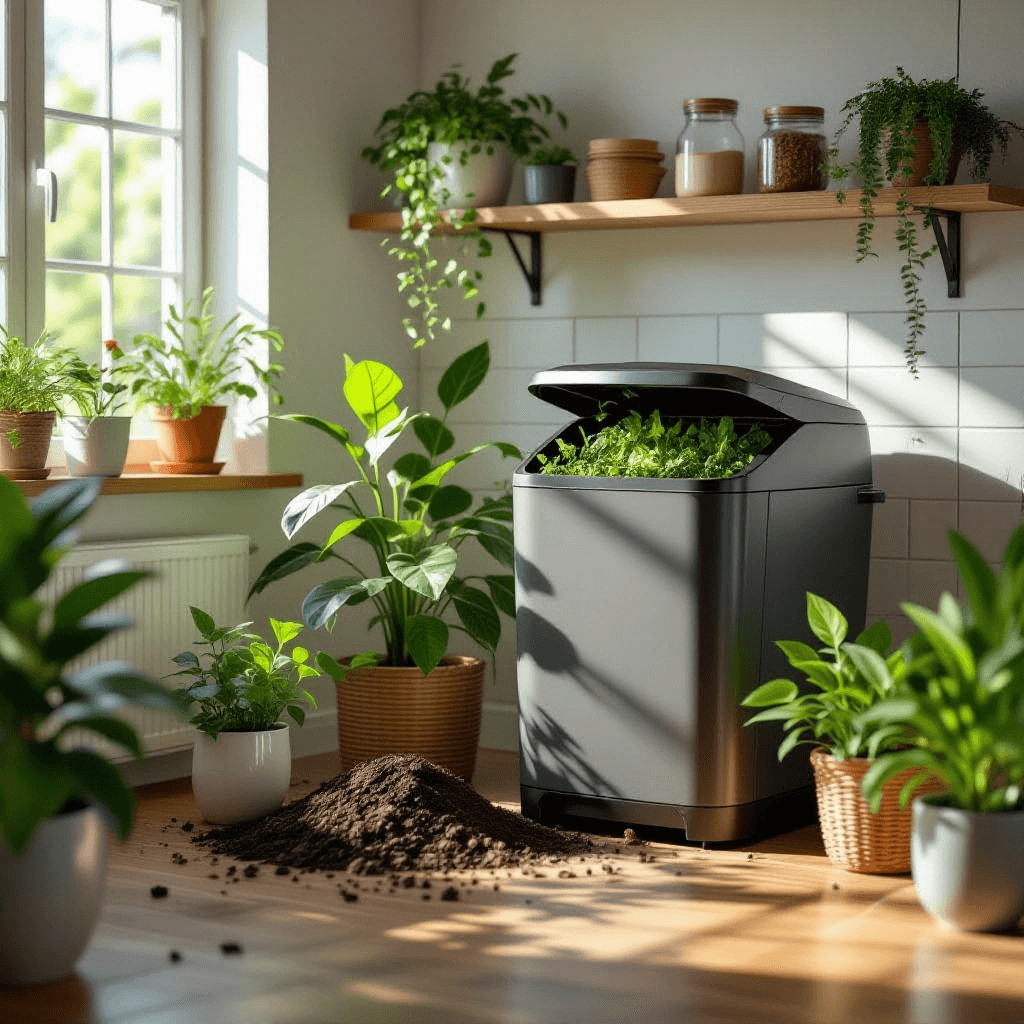Understanding the Link Between Nature and Mental Wellbeing
Numerous scientific studies have established a compelling connection between nature and mental health, demonstrating that exposure to green environments can significantly reduce stress and enhance overall well-being. Research indicates that spending time in nature, even when experienced indoors through plants and indoor gardening, can lead to lower levels of stress hormones such as cortisol and promote feelings of relaxation and calm. This phenomenon underscores the importance of nature in psychological health, offering a powerful intervention for those experiencing mental distress.
The concept of ‘biophilia’ plays a pivotal role in understanding this connection. Biophilia refers to the innate human inclination to seek a connection with nature and living organisms. This intrinsic bond is thought to have evolved over centuries, where interaction with natural environments was essential for survival. Today, as urbanization increases and natural landscapes diminish, many individuals find themselves disconnected from greenspaces. Consequently, indoor gardening presents a practical solution, allowing people to cultivate their connection to nature within their living spaces, enhancing their mental health.
Furthermore, studies suggest that engaging in gardening activities can create a therapeutic effect, contributing to improved mood and emotional stability. The act of nurturing plants not only fosters a sense of responsibility but also invokes a feeling of accomplishment. As individuals witness the growth and flourishing of their indoor gardens, they experience a boost in self-esteem and satisfaction, further mitigating feelings of anxiety and depression. This dynamic interaction between humans and nature serves as a crucial reminder of the importance of integrating elements of the natural world into our everyday lives, ultimately supporting our mental well-being.
The Therapeutic Effects of Caring for Plants
Engaging in indoor gardening can serve as a powerful therapeutic activity, offering numerous mental health benefits. The act of caring for plants—through activities such as watering, pruning, and repotting—instills a profound sense of purpose and responsibility. For many individuals, this nurturing process enhances their emotional well-being by creating a structured routine that encourages regular interaction with living organisms. Each task lends itself to reinforcing a feeling of achievement when plants thrive and flourish, which, in turn, can significantly boost self-esteem.
Furthermore, tending to plants often requires focus and attention, which can effectively distract individuals from their daily stressors and worries. This natural engagement fosters mindfulness, encouraging individuals to be present and immersed in the moment. Research has shown that activities demanding focus, like gardening, can lower levels of anxiety and lead to improved overall mood. By shifting attention to the needs of plants, individuals may find solace from life’s challenges, promoting emotional resilience.
The physical aspects of caring for plants also contribute to healing. For instance, activities such as repotting or pruning can be physically engaging, promoting moderate exercise and facilitating the release of endorphins—hormones that create feelings of happiness. This connection between physical activity and mental health cannot be overstated, as even simple movements can impart a sense of accomplishment along with the immediate joy derived from nurturing plants.
In addition, studies indicate that exposure to greenery and nature can enhance one’s mood and concentration. The calming presence of indoor plants can create a positive environment, making daily tasks more manageable and enjoyable. Therefore, embracing indoor gardening practices may become an effective tool for those seeking to cultivate emotional wellbeing amidst the pressures of modern life.
Creating an Indoor Garden: Tips for Success
Starting an indoor garden can be a rewarding endeavor, both for enhancing your living space and for promoting mental well-being. To ensure success, the selection of the right plants is crucial. Consider choosing plants known for their adaptability to indoor environments such as pothos, snake plants, and peace lilies; these species not only thrive with minimal care but also improve indoor air quality, which can significantly impact your mental health.
Understanding the light requirements of your chosen plants is another vital aspect. Most indoor plants prefer indirect sunlight, though some may handle lower light conditions. Assess the lighting in your home and place your plants accordingly to avoid stress or damage. Using grow lights can also be beneficial if natural light is limited, ensuring your plants receive the energy they need for robust growth and vitality.
Watering practices are equally important. Overwatering is a common issue that can lead to root rot, while underwatering can cause plants to wilt. A general rule is to water only when the top inch of soil feels dry. Observing your plants closely will aid in recognizing their specific needs, helping to foster a thriving indoor garden.
To create an aesthetically pleasing environment, consider the arrangement of your plants. Grouping plants of varying heights and textures can create visual interest and a calming atmosphere. Additionally, placing plants near areas where you spend considerable time—such as your workspace or living room—can enhance your mood and productivity.
For beginners, incorporating easy-to-care-for plants like herbs or succulents can provide the satisfaction of nurturing while requiring minimal effort. These additions not only beautify your surroundings but also encourage a connection with nature, which is vital for emotional health. By following these tips, anyone can create an indoor garden that contributes significantly to their mental well-being.
Cultivating a Healthy Mindset Through Indoor Gardening
Indoor gardening serves as a powerful catalyst in cultivating a positive mindset. Engaging in the routine of caring for plants instills a sense of responsibility and commitment, which can significantly enhance one’s mental well-being. The process of nurturing plants, whether through watering, pruning, or repotting, creates a structured yet fulfilling activity that contributes to an individual’s daily routine. This involvement is essential, as it fosters a connection between the gardener and their greenery, promoting a sense of achievement when their efforts yield flourishing plants.
The sensation of seeing growth—a direct result of one’s dedication and hard work—can lead to increased self-esteem and a more optimistic outlook on life. As individuals witness their plants thriving, they are often reminded of their capacity for growth and change, reflecting personal development. This notion can ignite a profound sense of accomplishment and can have a remarkable effect on mental health.
Moreover, the act of caring for plants encourages self-nurturing behavior. Individuals who invest time and love into their indoor garden may find themselves extending that same love and care to their own mental and emotional needs. By creating a mindful practice around gardening, one can develop a healthier approach toward self-care. Mindfulness, a crucial aspect of effective stress management, can be integrated into daily routines through indoor gardening. The repetitive tasks of planting, watering, or simply being present with one’s plants can offer a meditative quality, helping to reduce anxiety and stress levels.
Ultimately, the relationship between indoor gardening and mental health showcases the importance of nurturing not just our surroundings, but ourselves. By cultivating a green space, individuals can foster a positive mindset and promote emotional resilience, highlighting the holistic benefits of this therapeutic activity.


